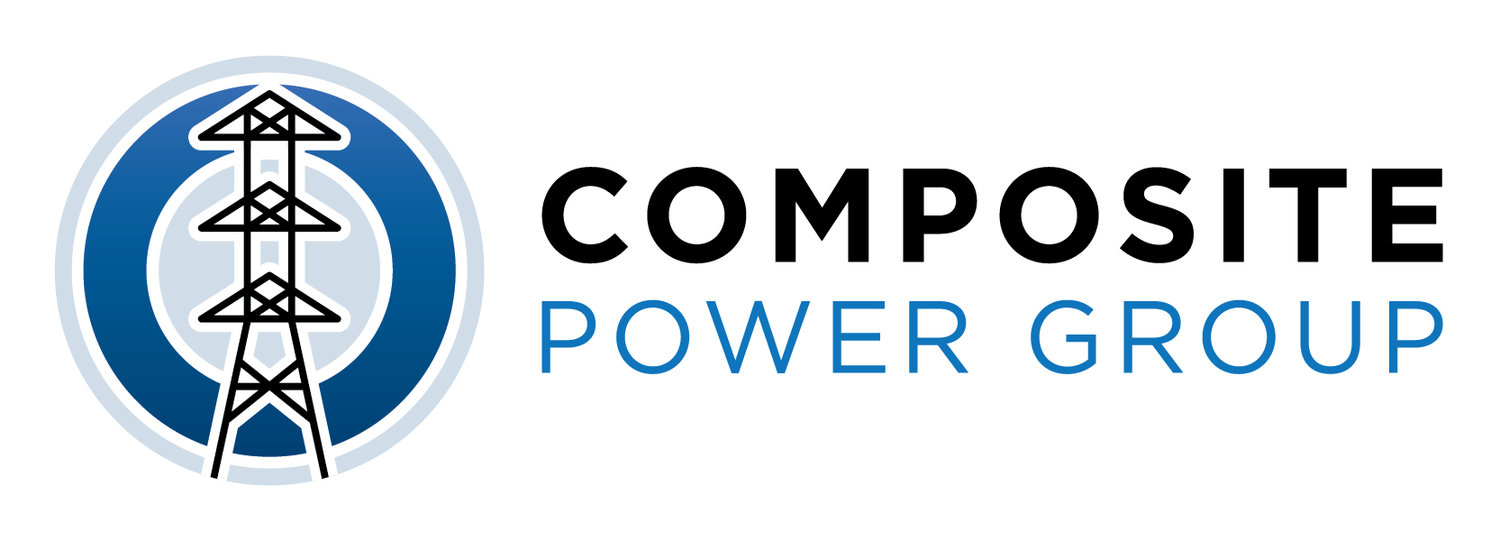Selecting the Best Fit Cell Chemistry and Battery Module for Energy Storage Systems
/Integrating a Smart Battery Energy Storage System (SmartBESS) has immense benefits that include reducing costs and improving operations for businesses. The big question customers often have is: Which lithium-ion chemistry is the best fit for use in stationary energy storage systems? We have included excerpts from the article in this post. Click the link below to download the full article for the complete discussion.
Key Criteria
There are 6 key criteria when considering which battery chemistry to use for a specific application. They are:
Safety
Cost
Specific Energy
Specific Power
Life
Performance
Each of these factors are important when choosing a battery chemistry, but the requirements of the application determine which factors are more important than others.
LFP – Lithium Iron Phosphate (LiFePO4)
The LFP chemistry avoids the use of Cobalt in the cathode, and instead utilizes Iron Phosphate, which provides some protection against overcharge, and increased thermal stability. Even though it does not have the energy density or specific power of some of the other Li-ion chemistries, it has a very long life span, and is not subject to some of the thermal degradation mechanisms that are present in the other Li-ion types. LFP is by far the safest of the battery chemistries, which is one of the reasons it is recommended for use in stationary BES systems. Due to this increased safety factor, LFP is also use in several electric vehicle applications, such as the Chevy Spark. LFP has long life span and works very well in deep discharge applications. e-ON’s documented forced failure point is 580 degrees Fahrenheit, and average of 3 times higher than NMC and other compounds.
Conclusions
As can be seen in the full article, the LFP battery chemistry has the best combination of safety, cost, and life to handle the challenges presented in stationary energy storage systems. With e-ON’s extensive safety record established, the e-ON LFP battery systems are the right choice for BESS applications. NMC's have a lower thermal ignition point than needed to activate the needed electrolyte additive. The popularity of Battery Energy Storage Systems (BESS) is on the rise around the world. According to research from Wood Mackenzie Power & Renewables, global BESS deployment is projected to grow 13 times in MWh over the next six years (2019-2025). Given this growth trend, it is important to understand how lithium-ion battery chemistries compare in key performance criteria.
Click here to visit e-ON’s website!
Contact Composite Power Group




